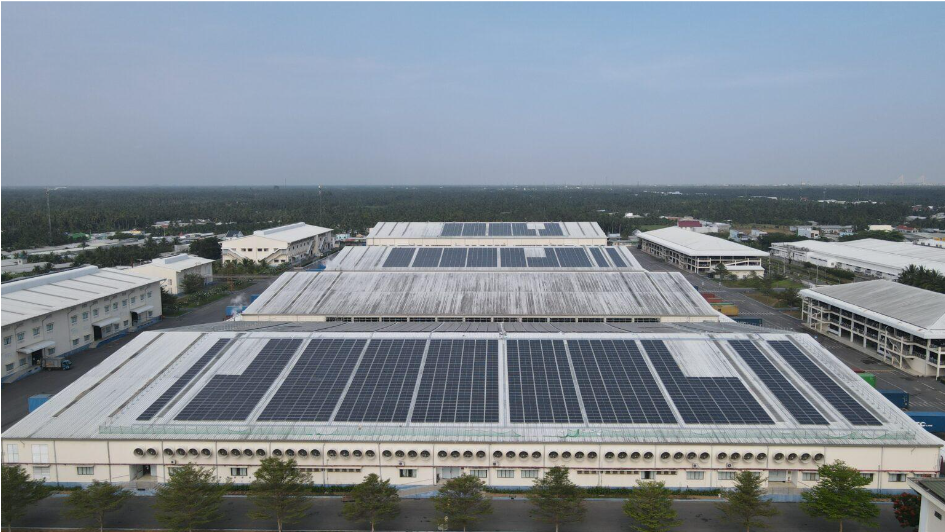Gujarat Textile Industry Calls for Full Use of Renewable Energy to Compete Globally
December 19, 2024
Surat: The Southern Gujarat Chamber of Commerce and Industry (SGCCI) has urged the State Finance and Energy Minister, Kanu Desai, to allow industrialists to use their total electricity consumption from their own renewable energy projects under the Green Energy Open Access Rules. The Chamber argues that reducing electricity costs is crucial for textile manufacturers in Gujarat to remain competitive in the global market, particularly when exporting to countries with strict sustainability regulations.
In a written representation submitted to the Minister Kanubhai Desai in the State capital Gandhinagar on Tuesday, the Chamber emphasized the importance of renewable energy in cutting down operational costs, which would significantly benefit the textile industry. Chamber President Vijay Mewawala, along with former President B.S. Agarwal, Managing Committee Member Suresh Patel, and Deputy Secretary Paulik Desai among other presented the memorandum to the minister.
According to office bearers of SGCCI, the Green Energy Open Access Rules, announced by the central government in June 2022, stipulate that renewable energy projects established under these rules must provide a banking limit of at least 30% for electricity. This provision was mirrored in the Gujarat Electricity Regulatory Commission’s (GERC) Green Energy Open Access Rules, which were issued in February 2024. However, an order issued by Gujarat Urja Vikas Nigam Limited (GUVNL) on August 31, 2024, limited the banking of energy to just 30% of the total net electricity drawn from the state’s distribution companies (DISCOMs). This restriction has left renewable energy projects in Gujarat feeling that their investments are effectively “trapped.”
The Chamber argues that this limitation undermines the potential of renewable energy in Gujarat’s industrial sector, particularly in the textile industry. According to European Eco Design Rules, which apply to all companies exporting to Europe, textile units are required to use 100% green energy for their operations. This law is increasingly being enforced by major global brands, which insist on sourcing from suppliers that operate sustainably. As a result, MSMEs in Gujarat, especially in Surat—one of the state’s textile hubs—are concerned that they may no longer be able to meet the demands of European markets, either directly or indirectly.
The Chamber’s request comes at a time when global demand for sustainably manufactured products is growing rapidly. Without the ability to fully utilize renewable energy for their operations, Gujarat’s textile units may struggle to meet these new standards and face challenges in exporting to countries with stringent environmental regulations. DeshGujarat
Recent Stories
- ICMR and AIIMS studies find no link between COVID-19 vaccines and sudden deaths
- SRP jawans detained after drunk driving accident in Surat's Mandvi
- Gujarat State Examination Board announces annual timetable for 10 key exams
- 122 students fall ill with eye irritation at Gandhinagar residential school
- CBI court gives man 3-year jail term in ₹27.19 crore Dena Bank loan fraud
- Gujarat leads India in rooftop solar with 3.73 lakh installations
- Gujarat govt allots 10-acre land to Tata for 500+ homes as Dholera chip plant takes shape
